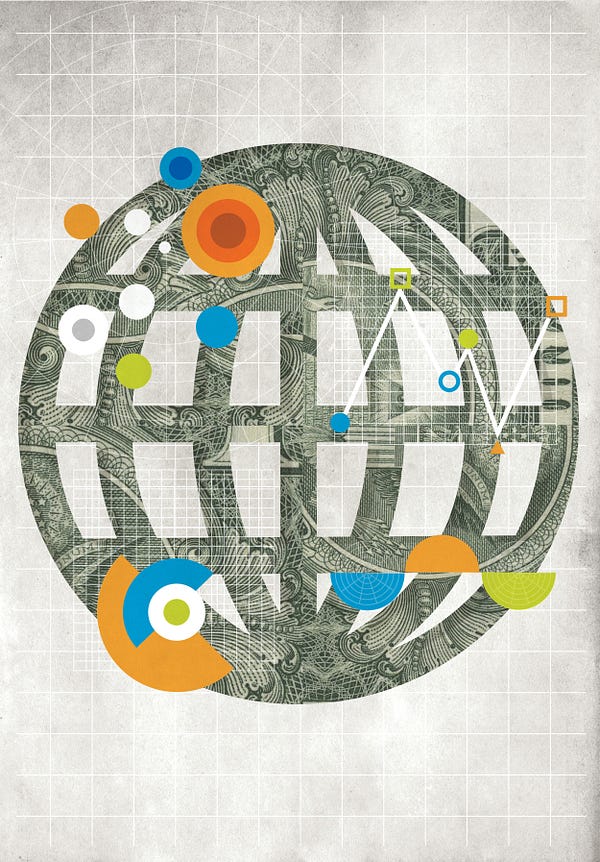
(Illustration: Chad Hagen)
Randomized controlled trials are the popular centerpiece of an emerging data-driven approach to figuring out precisely the best way to end poverty. Can a return to the scientific method fix the global aid industry?
For too long, “accountability” in the aid industry has meant nothing more than ensuring that a donor’s money was spent the way an agency said it would be. Rarely did organizations examine whether their spending achieved a positive impact (improved access to water, for example), much less one that stood the test of time (meaning the well didn’t dry up).
But recently, many aid organizations, including theInternational Rescue Committee, a New York humanitarian aid group specializing in refugee assistance, have used RCTs to, among other things, evaluate methods for nudging parents in Liberia toward more effective parenting techniques and tocreate highly effective community savings-and-loan programs to combat poverty in Burundi. It’s easy to see why charities are attracted to RCTs: They can make an aid agency’s work more efficient and ge nerate solid evidence of progress to show funders.
nerate solid evidence of progress to show funders.
As organizations continue to conduct more of them, RCTs are disproving many myths upon which we’ve designed development aid for years, not least of which is our longtime preference for projects over cash. If the data shows, as the RCT of GiveDirectly’s Kenya program did, that it’s most effective to hand a family $1,000 with no strings attached, then that’s precisely what we should do.
Read: July/August print edition of Pacific Standard Magazine

